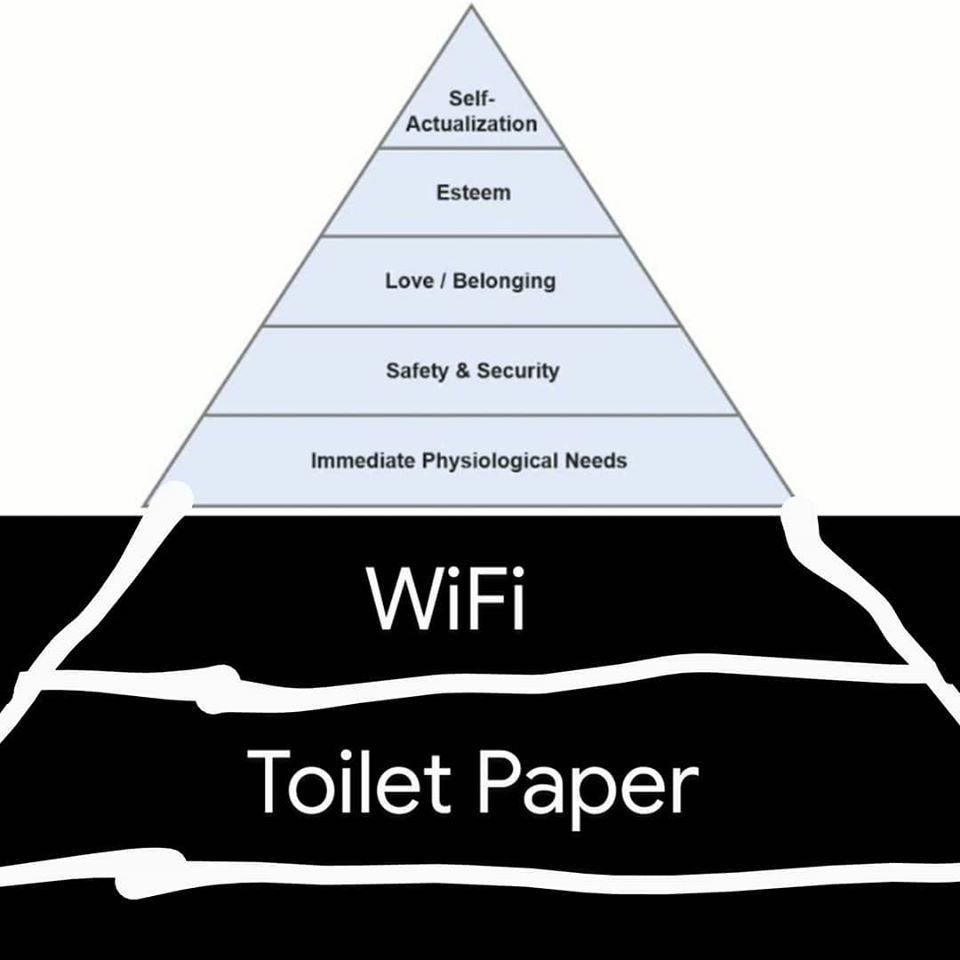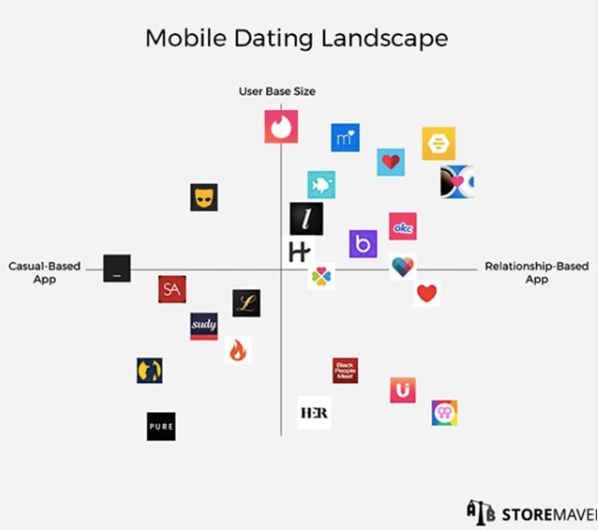(7 do’s and 3 don’ts)
Life is a weird and unpredictable thing. And sometimes shit hits the fan and you find yourself in unbearable pain. I’m not talking about physical pain (we all know how to deal with that), I’m talking about the illness of the soul that, if not healed, results in a depression. It happens to many, throughout our lives.
That pain that follows you wherever you go, when you wake up miserable, fall asleep miserable, when you cry when no one is watching. It becomes part of you, to the point when you start forgetting what it feels like – to live without constantly hurting. Sometimes you may even have psychosomatic experiences like real chest pain or difficulty breathing. Real body aches resulting from a psychological trauma.
Maybe some of you are going through this right now. If so – be strong. There’s a way out. I hope this text helps you find yourself and resurrect. If it helps at least 1 person – that’s all that matters.
I’ve been studying this topic for a while and gathered and digested vast amounts of information. Here are a few coping mechanisms that truly work. Hope this helps whoever needs help.
First and foremost. Understand what caused the traumatic experience and if there’s a chance of this happening again – get yourself out of the situation that keeps causing it. Think about what’s best for you and do it.
If the event is in the past and all you need to do now is to survive – then follow these steps:
Allow yourself to immerse in your pain and truly experience it, don’t suppress. Never try to pretend that nothing happened.
However, it’s important at this point to not let yourself make it the center of your existence. Don’t concentrate on it. Cry when you feel like crying, scream when no one can hear you, immerse for some time (allow yourself to be miserable for a few days), accept it, so then you can start letting it go.
Start writing your feelings down. Every day. Write, cry, write again, cry, feel, say what you want to say, on paper. Then burn this shit. Do this every day until you feel like there’s no need to continue. You’ll know when it happens.
Not a surprise: alcohol helps ease the pain and so do drugs. The problem with those two is that the effect is short-lived. The bigger problem is that when it wears off – you find yourself in a deeper black hole than you were before. So you need another doze to stop the pain, which is now greater, so you need a greater doze. The circle continues until you become dependent on it, which happens very quickly, within a week or so. Yes, that fast. So don’t do this, unless your goal is to bury yourself in a depression for life.
Exercise. Sport. Best remedy ever. This is one of a few real healthy and reliable ways to get you out of it. Don’t do long distance running, because it gives your brain another chance to keep “chewing” on the negative emotions as it’s not really occupied at that time. Active exercise (weightlifting, bootcamp, team sports, martial arts) allow your brain and soul to take that precious break from constantly convulsing. So pretty much anything that puts you in survival mode. When you start realizing that not dying during the exercise is more important than anything you’ve been worrying about. Kinda helps you put thins in perspective… Sport is truly the best distractor. About the only way to help you truly rest from the ongoing pain that otherwise follows you everywhere (other than sleeping). The pain comes back as soon as you stop, but (unlike with drugs and alcohol) it’s more and more subtle every time.
Work. There’s nothing wrong with burying yourself up to your eyeballs with work, if this also helps you not concentrate on your negative feelings all the time. Whatever helps you take a break from the pain in a healthy way. Concentrating on your career instead – is not the worst choice.
I’d love to say “spend more time with your kids if you have any” but unfortunately that may not be the best idea. Don’t ignore them and be a good parent, but keep in mind that they feel what you feel. If you’re in excruciating pain – you might want to hide from them every once in a while when you really feel like crap, instead of bursting into tears in front of them and creating another psychological trauma for the younger generation.
Take it easy, heal, and then go back to being a helicopter parent when you’re fully capable of doing that in a healthy way.
Boost your self esteem. Achievements of any size, even the smallest ones help. I.e. not puking after a tough-ass exercise. Or beating your friend in chess (too bad for the friend but he needs it less than you do, so don’t worry). Losing half a pound in a week (because you’ve been exercising so diligently). This is where the achievements at work will also come in handy.
Meditate. Learn to meditate. There’s an app for that (multiple ones).
Don’t get into new relationships until you’re healed. Not only because it won’t be fair to the other person who you’d be using for healing. But mostly because even the slightest insignificant failure or rejection can cause a drama and knock you off your feet.
Find a hobby. Something you really enjoy doing. Painting, dancing, music, gardening. It has a multifaceted effect: it distracts you from concentrating on negative thoughts, it calms you by bringing positive emotions, it helps your feeling of self-worth as you become better and better at whatever that is you’re doing and see the results of your work (or, even better, show them off).
And then… watch the pain gradually go away, day by day. Until the emptiness is filled with lots of fun stuff and you find yourself a new, better human being.
With Love.
Volk


